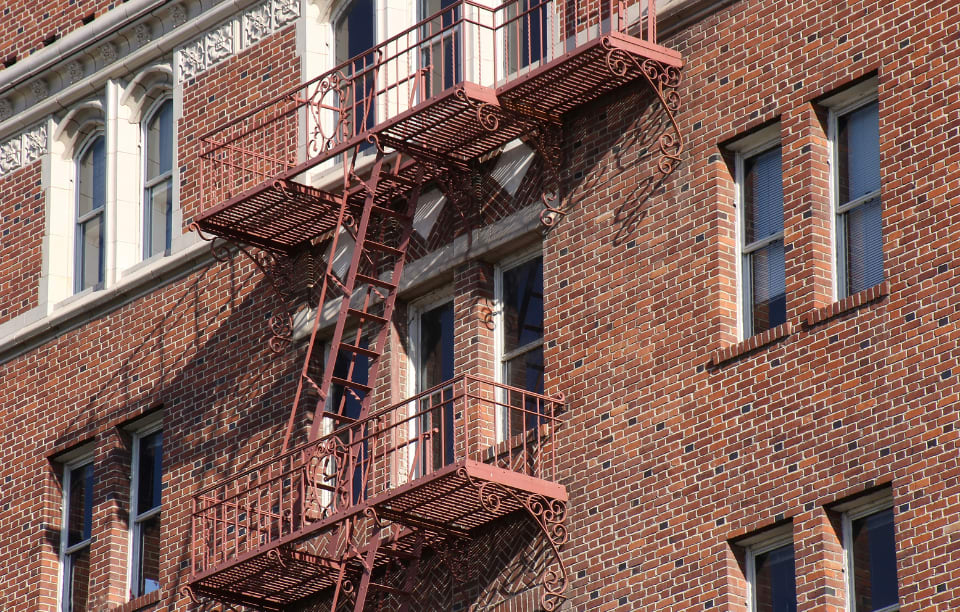Nevada Landlord Tenant Laws

Below you’ll find answers to some of the most frequently asked questions about Nevada Landlord Tenant laws. We are not intending to provide legal advice, instead, point you in the right direction! You can review the complete Nevada law here.
How much notice does a landlord have to give a tenant to move out in Nevada?
The state of Nevada does not have governing rules on how much notice a landlord must give to a tenant before moving out. However, Nevada does require that the landlord includes in a rental agreement the duration of the agreement. This would provide a move-out date for a tenant and landlord to agree upon. For most landlords, asking tenants about renewing a lease occurs 60 – 30 days before the end of the lease. This provides ample time for a landlord to prepare a property for turnover.
Is Nevada a landlord-friendly state?
In Nevada, the landlord and tenant obligations are comprehensive. It provides guidelines for rental lease agreements (at or over 12 months in length), obligations for both the landlord and tenant, and detailed remedies for scenarios such as eviction or failure to comply with a rental agreement. For these reasons, Nevada is a landlord-friendly state.
More reading: CHAPTER 118A – LANDLORD AND TENANT: DWELLINGS
Can a landlord break a lease in Nevada?
A landlord in Nevada is allowed to break a lease if a tenant intentionally damages the property and/or doesn’t comply with the rental agreement, such as not paying rent on time. In either case, a landlord is required to give notice to a tenant.
More reading:
- NRS 118A.420 Failure of tenant to comply with rental agreement or perform basic obligations: Damages; injunctive relief
- NRS 118A.430 Failure of tenant to comply with rental agreement or perform basic obligations: Termination of rental agreement.
Can a tenant withhold rent for repairs in Nevada?
Yes, a tenant can withhold rent for repairs in Nevada if the tenant has delivered a written notice to the landlord specifying each failure by the landlord to maintain the dwelling unit in a habitable condition and requesting that the landlord remedy the failures. The landlord has 14 days from receiving the written notice to make repairs, and if they do not, the tenant has the right to withhold any rent that becomes due without incurring late fees and to terminate the rental agreement.
More reading: NRS 118A.355 Failure of landlord to maintain dwelling unit in habitable condition.
Can a landlord evict someone for no reason in Nevada?
No, a landlord cannot evict a tenant for no reason in Nevada. As mentioned above a landlord is allowed to terminate a rental agreement if a tenant intentionally damages the property and/or doesn’t comply with the rental agreement. If a landlord must evict a tenant, the landlord is required to give their tenants 5-day written notice of their intention to evict.
More reading: NRS 118A.490 Actions based upon nonpayment of rent: Counterclaim by tenant; deposit of rent with court; judgment for eviction.
Can a landlord enter without permission in Nevada?
In Nevada, a landlord must provide a 24-hour notice of intent to enter a premise, during normal business hours. Unless there is an emergency. A landlord can request access to a property to inspect the premises, make necessary or agreed repairs, decorating, alterations or improvements and/or supply necessary or agreed services.
More reading: NRS 118A.330 Landlord’s access to dwelling unit
What are landlords’ responsibilities with security deposits in Nevada?
Security deposits are not required in the state of Nevada. It is also illegal for a security deposit to be more than three months of rent.
When a tenant moves out, Nevada requires landlords to return the security deposit within 30 days of the end of the rental agreement. They must return the security deposit by handing it to the tenant personally at the place where the rent is paid, or by mailing it to the tenant at the tenant’s present address or, if that address is unknown, at the tenant’s last known address.
A landlord may withhold part of the security deposit to cover any default of the tenant in the payment of rent, repair damages to the premises other than normal wear and tear, and to clean the property.
More reading: NRS 118A.242 Security: Limitation on amount or value; surety bond in lieu of security; duties and liability of landlord; damages; disputing itemized accounting of security; prohibited provisions.
Resources for Complete Nevada Landlord Tenant Laws:
- CHAPTER 118A – LANDLORD AND TENANT: DWELLINGS
- HUD – Local Tenant Rights, Laws, and Protections: Nevada
Read more of our state landlord tenant law guides here.
Note: This content is not intended to substitute, replace, or be construed as professional legal advice. It is for referential purposes only and not meant to replace the advice of your legal counsel, legal representation, and or lawyer. Please consult your professional legal representation or lawyer to be sure your lease is compliant with any state and/or federal laws.
